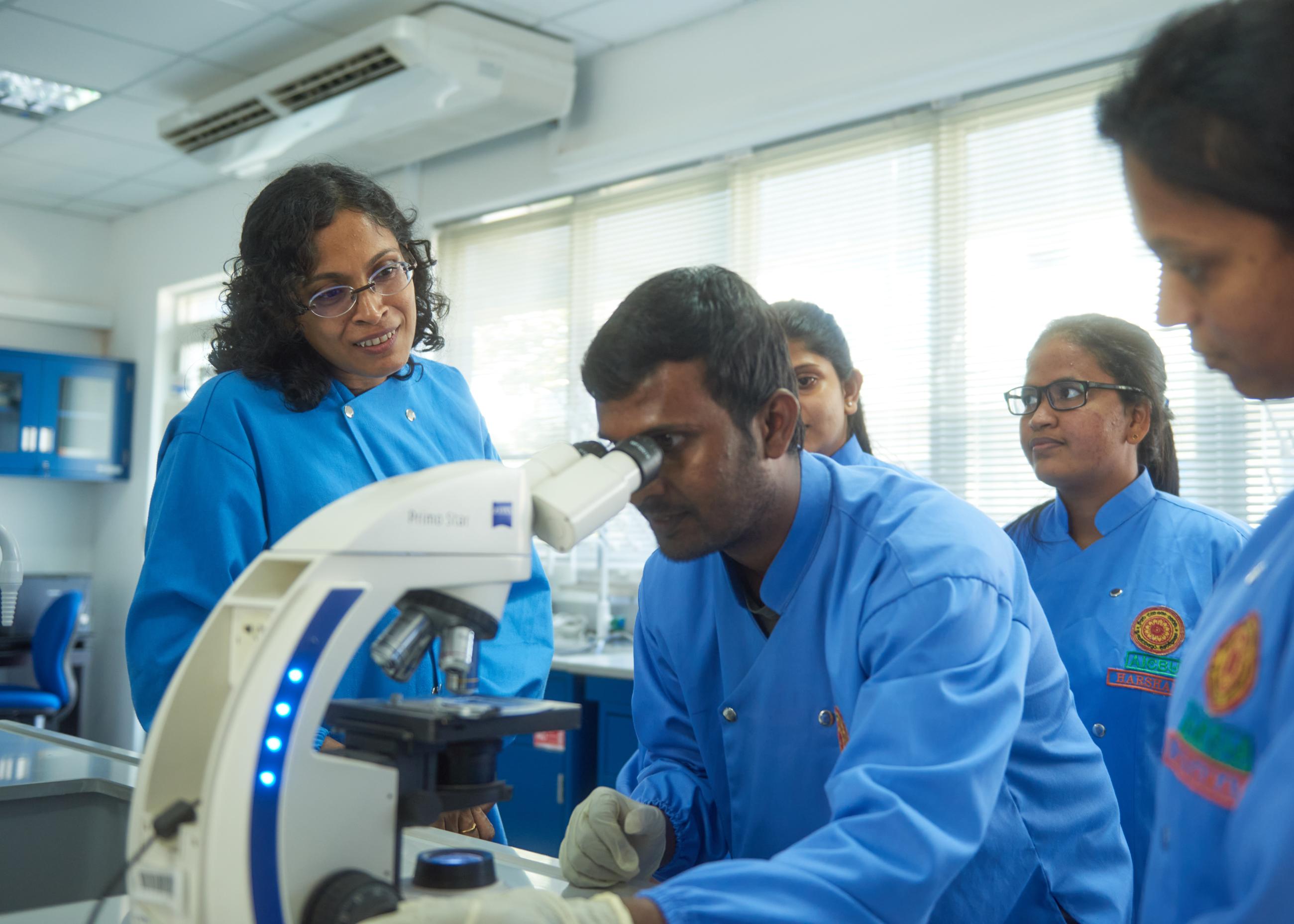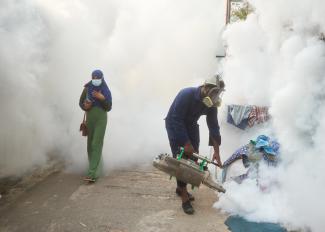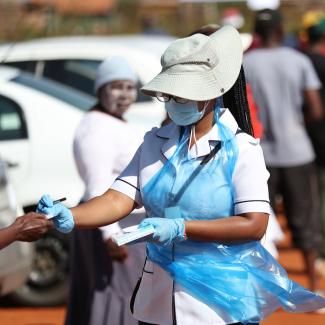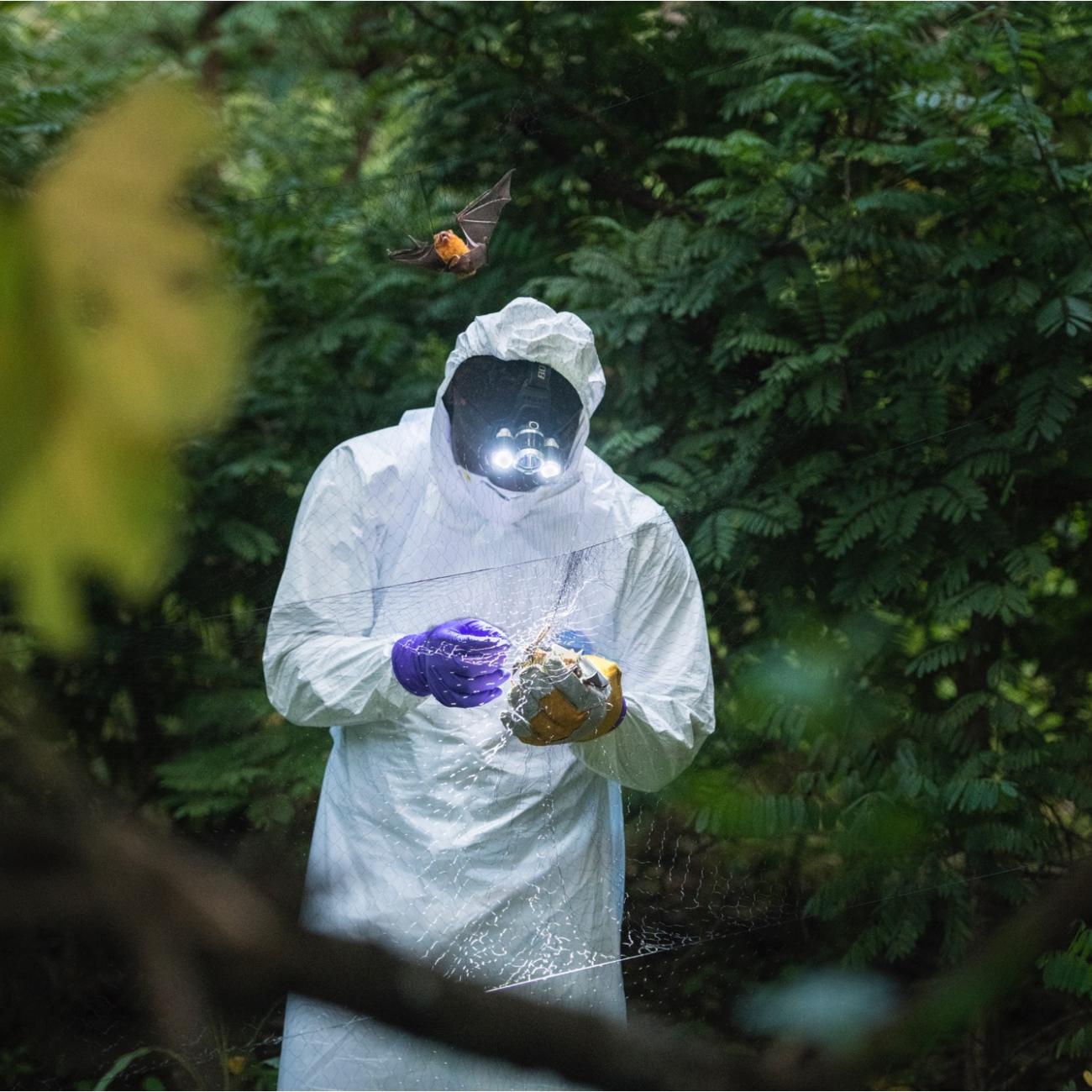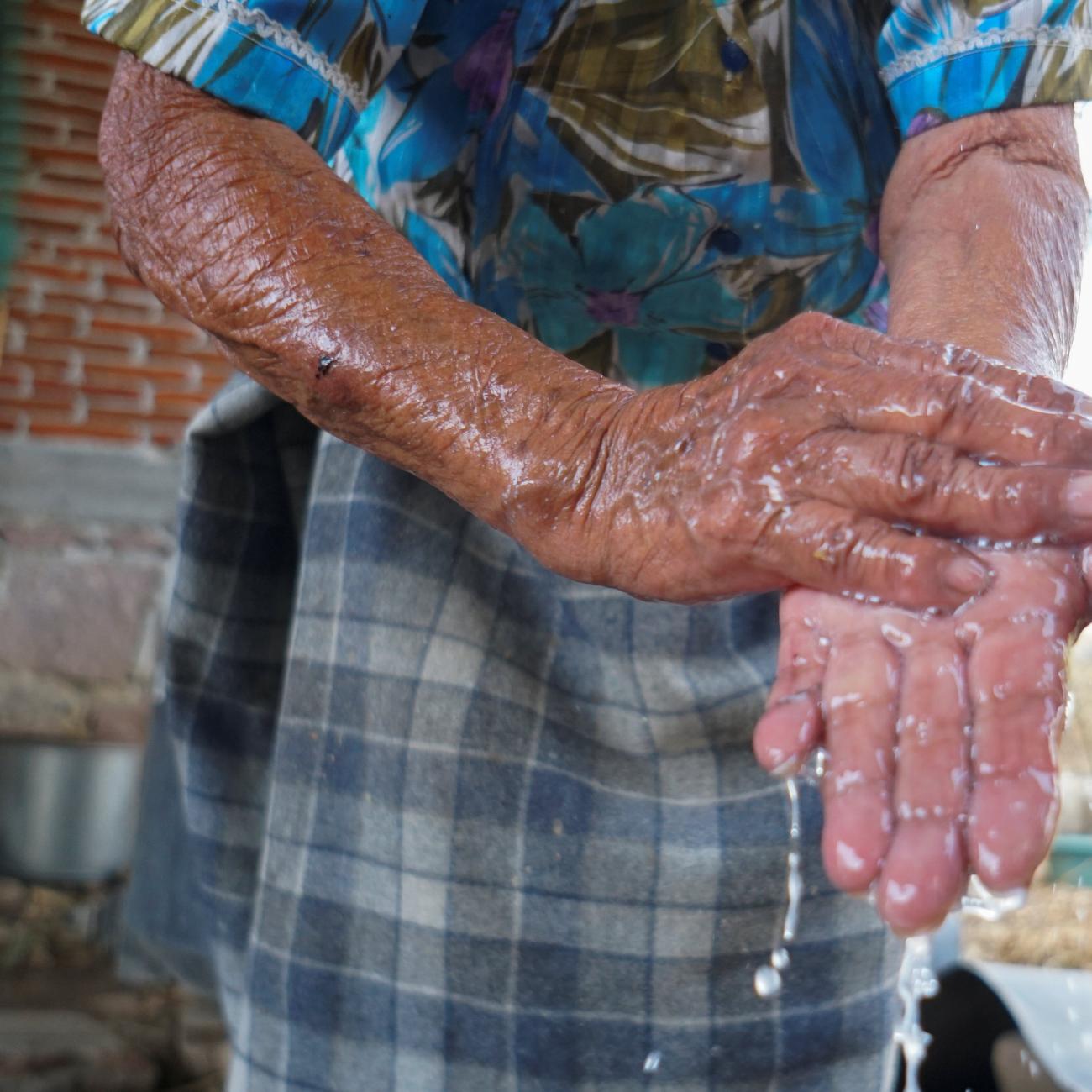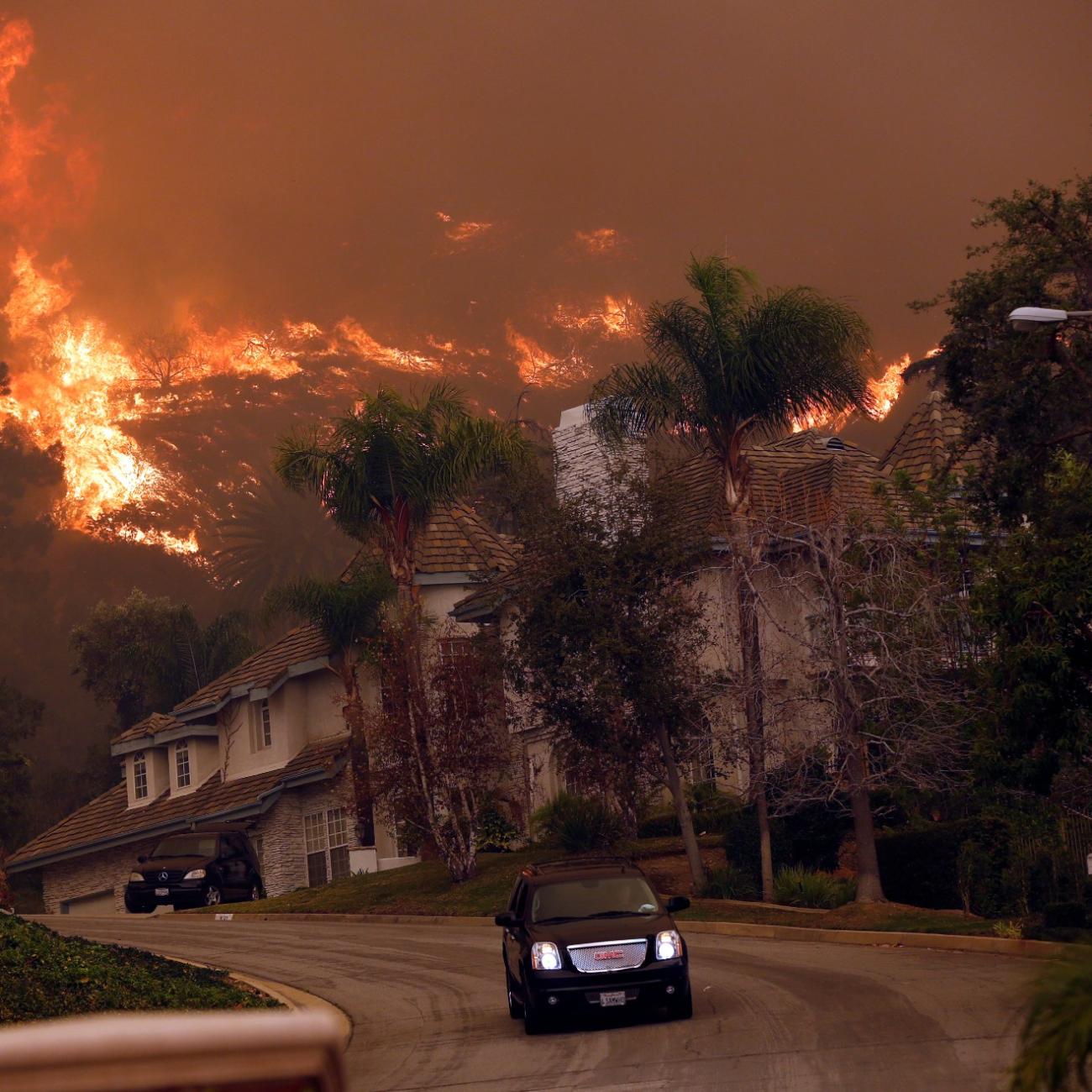On a humid January night, mothers softly recited Buddhist prayers by their children's beds at the Infectious Disease hospital (IDH) in Colombo, Sri Lanka.
Their appeals floated through the open-air dengue ward—and were twofold. The mothers wished not only for swift recoveries from the mosquito-borne disease, but also for their children to ace their A-level exams, being held the next day in the hospital.
Dengue seasons can last for months, and January falls in the middle of one of two such periods in Sri Lanka. The government creates a special examination center at the hospital so children suffering from this viral illness don't miss their exams.
This scene is one of the many understated facets of dengue in countries like mine—where education, work, sport, play, and life itself come to a grinding halt during an outbreak. Sri Lanka is not alone. Argentina. Bangladesh. Brazil. Burkina Faso. Nepal. Malaysia. Peru. The list goes on of countries that experienced crippling dengue epidemics in the past year, and it is growing because of climate change.
The COVID-19 pandemic taught the world how crucial it is to build out the regional capacity for vaccines, diagnostic tests, and treatments. This research can and should come from dengue-endemic countries that have the ability. Very little of the available dengue research funding, however, has reached these countries.
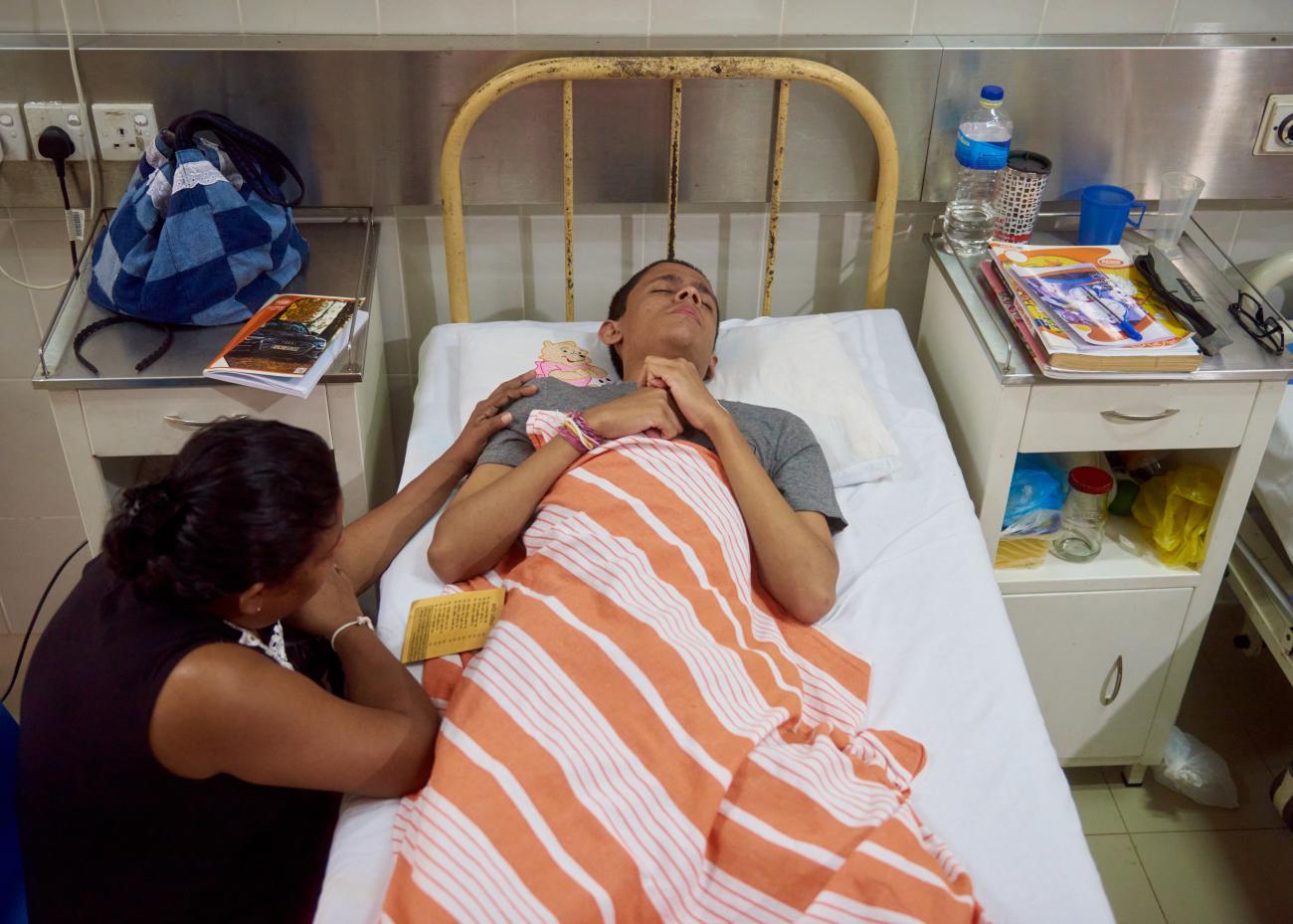
COVID-19 also revealed what happens when the needs of lower-income countries are not prioritized and the fruits of medical innovation are not made available to all. High-income countries hoarded vaccines and treatments—even today COVID antivirals are not widely available in many low-income countries. Low- and middle-income countries such as Sri Lanka had to fend for ourselves.
Dengue-endemic countries are taking matters into their own hands. The Drugs for Neglected Diseases initiative (DNDi)—where I head up the dengue program—launched in 2022 the Dengue Alliance, a global partnership of research partners from dengue-endemic countries such as Brazil, India, Malaysia, and Thailand. Together we will be advancing clinical trials for potential dengue treatments in our countries, getting a head start on developing treatments for patients at home first.
Dengue's Expansion Could Consume Resources
Dengue is one of the most "climate-sensitive" diseases. Longer rainy seasons, erratic rainfall patterns, and flooding leave behind clean standing water, perfect breeding grounds for the Aedes aegypti mosquitoes that transmit the disease. An increase in global temperatures is shortening the time it takes for their larvae to hatch and mature.
The few cases of dengue in Europe and the United States have made headlines, but those of us living in dengue-endemic countries have been dealing with this for decades.
When I first started 21 years ago as a clinical researcher in Sri Lanka, medical practitioners did not know how to properly manage dengue cases, nor did any country experiencing widespread outbreaks. The memories of some young patients dying in the pediatric ward remain vivid to this day.
Sri Lanka and other dengue-endemic countries brought the mortality rate of dengue down to less than 0.08%
Over the years, Sri Lanka and other dengue-endemic countries brought the mortality rate of dengue down to less than 0.08% but only through the blood, sweat, and tears of health workers. The disease still has no cure.
Instead, doctors and nurses work around the clock to monitor patient's vital signs to keep them from slipping into severe dengue. Although most infected individuals only have mild illness, patients can develop severe dengue when plasma leaks out of their blood capillaries, leading to shock, bleeding, organ dysfunction, and death. This condition with plasma or vascular leakage is known as dengue hemorrhagic fever. Doctors must replace the leaked plasma with intravenous (IV) fluids or a blood transfusion in a timely manner to maintain blood pressure and stabilize other vitals.
Although therapy only lasts three to four days, the sheer number of infections leads to extreme overcrowding in hospitals during dengue season. Patients spill out into the hallways. Hospital stays can be long for severe cases, and after discharge, they are unable to work for three to four weeks. This loss of work—especially for the vast majority of the population, who are daily wage earners—has a significant impact on the economy. Some estimates put monetary losses in the billions for countries such as India and Sri Lanka.
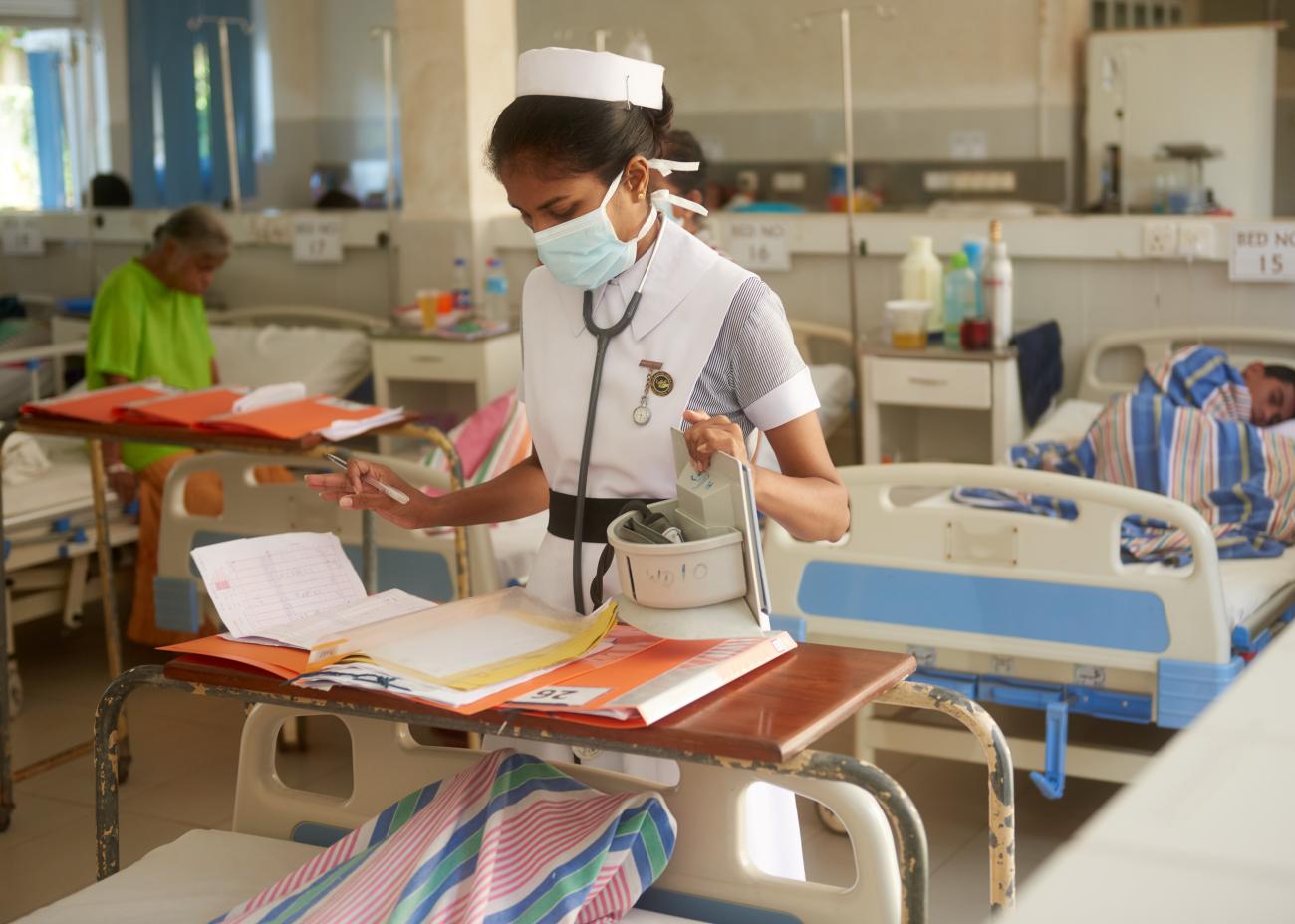
Research in Dengue
My team at the University of Sri Jayewardenepura in Colombo, where I have worked in clinical research for 21 years, collaborates with the IDH Hospital (also known as the National Institute of Infectious Diseases). Conducting research in the middle of crippling dengue epidemics is challenging. Despite the extremely limited funding available to carry out research in Sri Lanka, our group has identified several potential mediators that cause vascular leakage during dengue and that we have translated into clinical trials.
I am proud of what we have achieved in Sri Lanka, but much more remains to be done.
The global incidence of dengue has risen significantly in the past 50 years, and every projection shows dengue increasing in the next 50
The global incidence of dengue has risen significantly in the past 50 years, and every projection shows dengue increasing in the next 50. Despite an estimated 390 million cases a year, dengue is still a "neglected" disease, meaning it suffers from a relative lack of research and development funding. For the past 30 years, most funding has been directed toward reducing mosquito populations, but this has been largely unsuccessful despite promising efforts to infect mosquitos with Wolbachia bacteria so that the insects no longer transmit dengue. A few vaccines are available, including a new option by Takeda called QDENGA, which can significantly reduce hospitalizations in those who have already been previously infected with dengue.
The dengue vaccines developed so far do not prevent infection, however, and immunity appears to wane with time.
Targeted investments need to be made in several areas: developing treatments that can be given to patients at an early stage of dengue infection to prevent them for developing severe disease, providing reliable and cheaper point of care diagnostics for identifying patients with dengue, and creating biomarkers to spot those at risk of severe disease before they deteriorate. Unfortunately, despite causing a huge burden for several decades, researchers have limited knowledge regarding how dengue influences the body relative to, for example, COVID-19. This is simply due to lack of funding.
When I walk our dengue wards and see children taking their examinations with an IV in their arm, I am reminded that children often suffer the most from pandemics—and from climate change. World leaders need to act quickly to address this public health crisis and provide political and financial support so that countries at the frontlines of climate-sensitive diseases can secure a better future for their populations.
